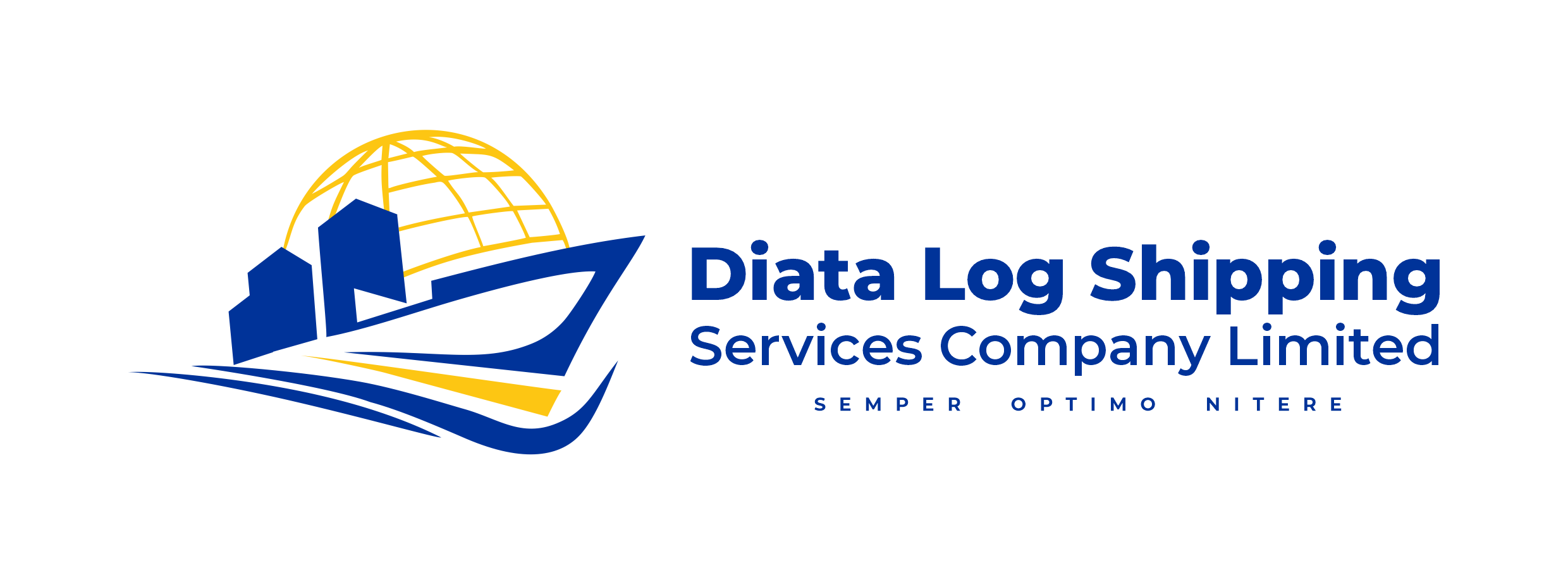
Future fuels, newbuilding moves, and how to improve the ships of today were at the fore in the opening panels at this year’s gathering of shipping heavyweights at Capital Link the first of the big conferences in Athens as part of Posidonia Week.
The event was officially opened by Greek shipping minister Christos Stylianides followed by two separate panels featuring Greek owners from three of the largest shipping segments.
There is a consensus that the “markets are doing well right now” and that it should stay like that for some time “as long as the disruptions continue”.
So, the talk focused more on fleet developments and whether shipowners are still ordering blind given the “no future-proof” solutions on the table.
“There is a lack of shipyards to build more ships,” said Aristides Pittas, chairman and CEO of boxships owner Euroseas and its bulker counterpart EuroDry.
As smaller dry bulk tonnage has seen some movements on the newbuilding side, owners of capesize vessels are having a tough time securing deliveries in a reasonable timeframe.
“It’s very hard to get a slot before 2027 of 2028, so I don’t believe we will see any rush for capesize newbuildings,” said Stamatis Tsantanis, chairman and CEO of Seanergy Maritime and United Maritime.
Conventional fuel options for newbuildings are the top pick for most owners on the dry side, albeit with some methanol-dual fuel ventures – “to see how it goes”.
Speaking separately at the tankers panel of the 9th Capital Link Maritime Leaders Summit on Monday, the top man of New York-listed tanker giant DHT, and one of the few non-Greek speakers, Svein Harfjeld said the green fuel infrastructure is currently extremely costly, with all present panellists also showing pessimism in future fuels in terms of costs and current investments of setting up a possible supply.
“There will be no energy transition without energy security,” Harfjeld told delegates at Four Seasons Astir Palace Hotel.
On the subject of how owners can handle their fleet renewals, Semiramis Paliou, CEO of bulker owner Diana Shipping, with two methanol dual-fuel kamsarmaxes on order in Japan, noted that the methanol move was the company’s way of underscoring its dedication to sustainable shipping but that she cannot say whether she belies in methanol per se.
For her, the industry needs to find a way to prolong the life of ships that are currently on the water, whether via using biofuel, carbon capture, or “any other method that exists”.
George Karageorgiou, president and CEO of Olympic Shipping and Management, noted that although larger liners and some big shippers have opted for greener pastures, private shipowners are looking at their bottom line and are still hesitant.
“If we’re to build we would go with conventional ships because the new technology is still evolving,” he said adding that he believes carbon capture will be a very important part of shipping’s decarbonisation path. “Carbon capture is going to be difficult and expensive but it’s going to enable the sector to run it older tonnage.”
Andreas Hadjipetrou, chief commercial officer of Columbia Group and managing director at Columbia Shipmanagement, confirmed that was majority of owners stick to conventual fuel, pointing out that either methanol or ammonia requires additional investment which would practically still be ordering blind considering there are no exact ways forward.
For Capital Product Partners’ Spyros Leoussis LNG is currently the focus. “We don’t see anything else currently being available,” the COO of the Evangelos Marinakis-controlled diversified owner said.
Source : Splash247
